The Freetown Secondary School for Girls (FSSG) was founded on January 20, 1926. From its location in Freetown, the capital of Sierra Leone, it has successfully educated thousands of girls across Africa.

Unlike other schools of its time, the school has a unique beginning as one of the first non-parochial, non-governmental schools started by Africans. This was the dream of the late Mrs. Hannah Benka-Coker, its founder and first vice principal.
The first principal was Mrs. Maise Osora, whose ideas were similar to those of Mrs. Hannah Benka-Coker for the new school. Mrs. Benka-Coker, together with nine others, six of them, women, contributed £25 (twenty-five pounds sterling), a total of £250 (two hundred and fifty) pounds sterling to start the brand “new society” school, as it was coined.
It was one of the first schools in Sierra Leone to consist of all levels of education, kindergarten through secondary. A boarding department, The Hannah Benka-Coker Memorial Residence, was opened in 1958. It afforded girls from the provinces of Sierra Leone and other African countries a chance to earn a well-rounded education at a time when tradition and culture frowned on educating them.
The Board of Trustees approved the building of a science laboratory, which was completed in 1967, and a pure science curriculum was introduced at the school. In October 1978, the A-level science curriculum for female students from other secondary schools was introduced at the site of the FSSG science building.
Later the Sierra Leone government became the school’s administrator. The rebel war brought about an increase in the student population of all schools in Freetown, including the FSSG. Under the direction of the Ministry of Education, the school has been operating a two-shift system since 2002 to accommodate students who were displaced from the provinces by the war. The student population is now 2,200. The Washington D.C. branch, in partnership with other branches, is working fervently to return the school to its original status as a private institution, build up the quality of its faculty and staff, enhance the morale of its students and repair and renovate all the buildings.
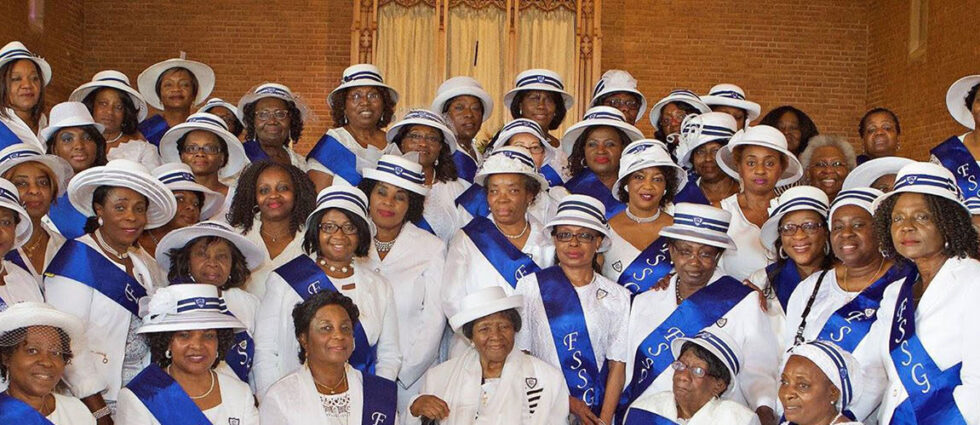
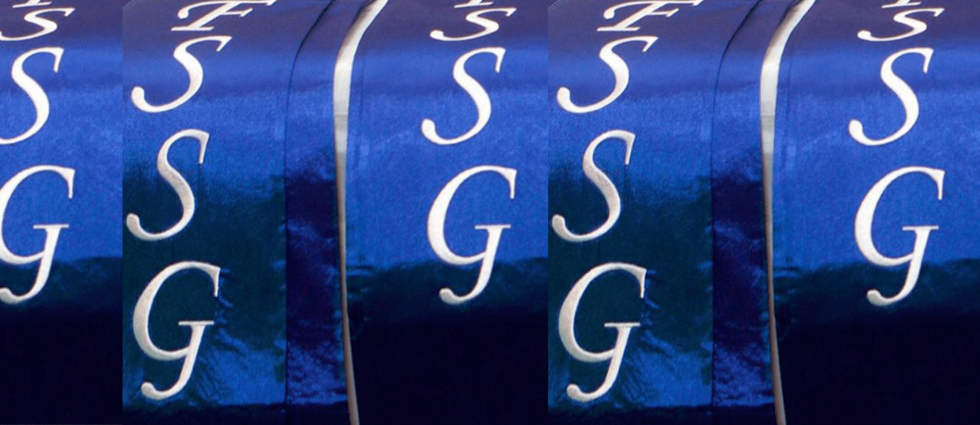
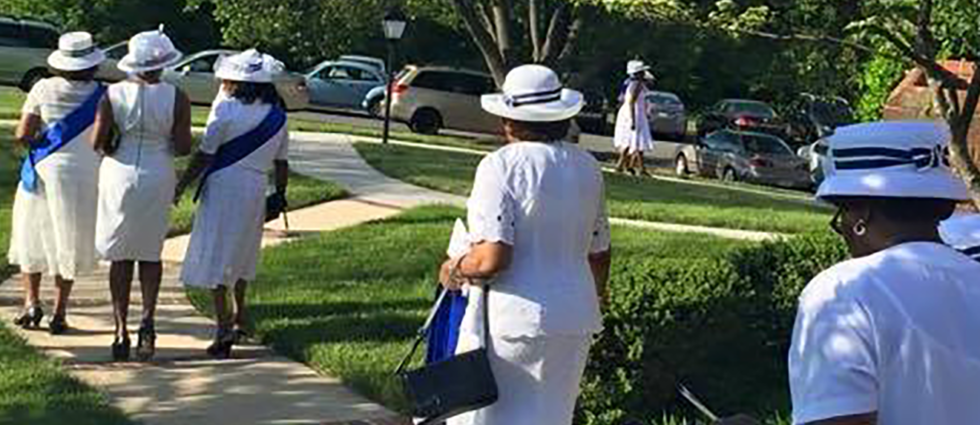
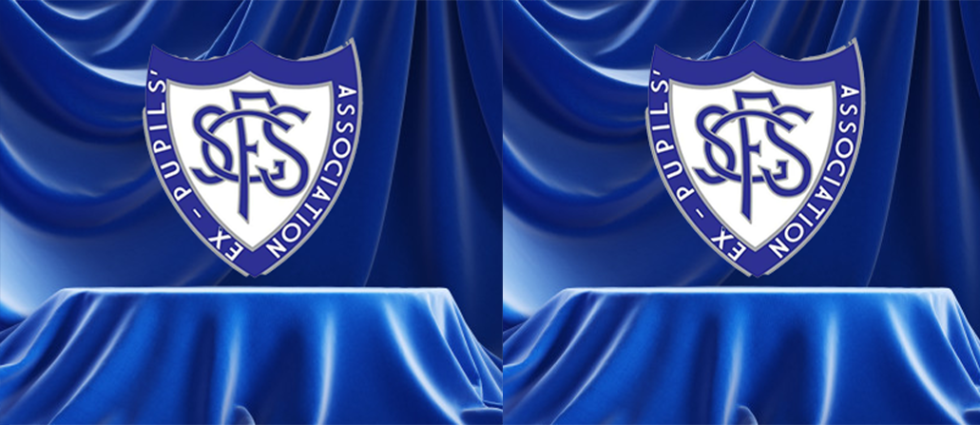
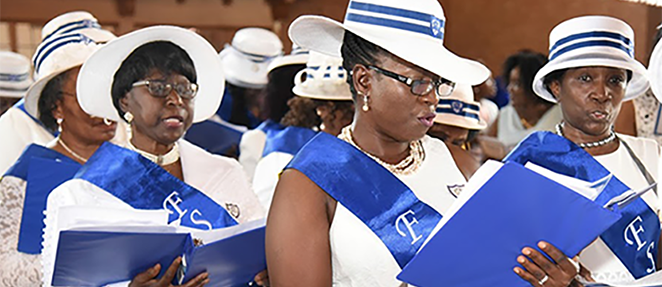





 Freetown Secondary School for Girls (FSSG)
Freetown Secondary School for Girls (FSSG)